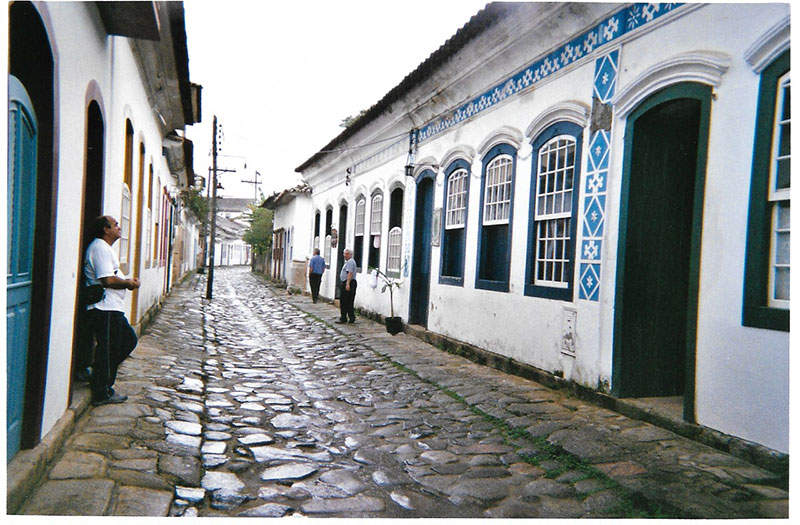Introduction: Researchers and theoreticians from a wide variety of disciplines have studied the meaning of home. Some have focused on visible behaviors such as personalization and marking (Boudon, 1969; Hansen & Altman, 1976; Haumont & Raymond, 1975; Jacquier & Jeantet, 1976; Leroy, Bedos & Berthelot, 1971), whereas others have focused on historical aspects such as demographic and economics factors or successive conceptions of the ideal social order (Barbey, 1980; Gauldie, 1974; Guerrand, 1067; Murard & Zylberman, 1976). Still others have examined how dwelling reflects culture (Clerc, 1967; Heller, 1979; Korosec-Serfaty, 1979; Mauss, 1950; Verret, 1979). Underlying many of these perspectives is an interest in the subjective experience of dwelling, and those with such a focus generally share a vision of the dweller as an acting subject who confers meaning upon the world but also as an individual acted upon by the world of which she or he is a part. These approaches are influenced in various degrees by the theoretical explorations into meaning that are pursued at the interface between sociology, psychology, and linguistics (de Certeau, Giard & Mayol, 1980: Rochberg-Halton, 1984) and at the interface between psychoanalysis and philosophy, especially the philosophical movement of phenomenology. The focus of this chapter will be on phenomenological view of the dwelling, or how the relationship to home is experienced by the dweller.
Pour faire référence à ce chapitre
Perla Korosec-Serfaty (1985) Experience and Use of the Dwelling, In I. Altman et C. Werner (Dir.), Home Environment. Man, Behavior and Environment. Advances in Theory and Research, Vol. 8, New York, Plenum Press, p. 65-86. http://perlaserfaty.net/wp-content/uploads/2017/01/Experience-and-use-of-the-dwelling-an-article-by-Perla-Ser-1.pdf


